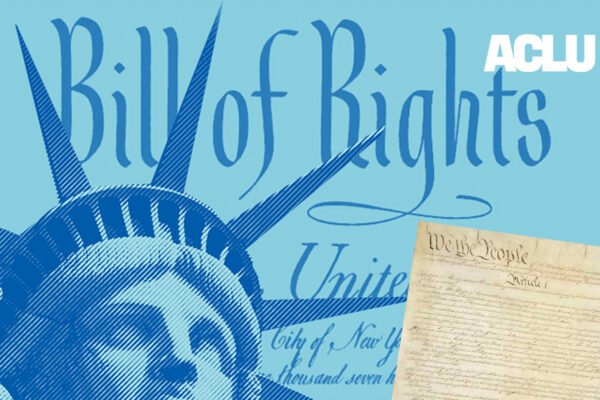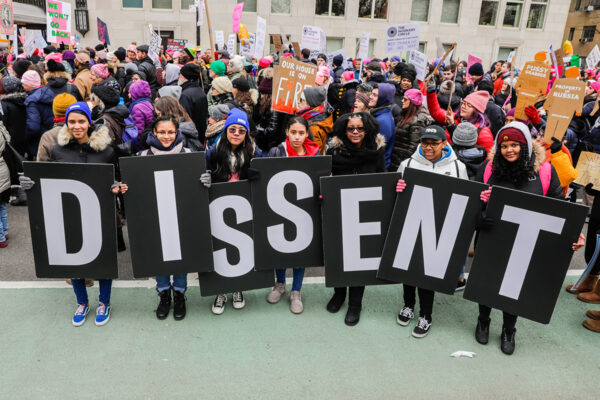The birth of the Bill of Rights was controversial: Anti-Federalists demanded a concise constitution, which clearly delineated the people’s rights and the limitations of the power of government. Federalists opposed the inclusion of a bill of rights as unnecessary.
The Constitution’s first draft established a system of checks and balances that included a strong executive branch, a representative legislature, and a federal judiciary—specifying what the government could do but not what it could not do. Anti-Federalists, fearing a strong centralized government, refused to support a constitution lacking a bill of rights. Heeding Thomas Jefferson who argued, “A bill of rights is what people are entitled to against every government on earth…”, the Constitutional Framers adopted the bill on December 15, 1791.
And so was born the Bill of Rights, created to protect the rights individual citizens believed were theirs.
In 1803, the principle was established that the Supreme Court had the power to nullify acts of Congress that were in violation of the Constitution. However, it was more than a century later that the Supreme Court had opportunities to protect individual rights. Although the beginning of the 20th century was characterized by racial segregation, sex discrimination, attacks on workers’ unionizing efforts, deportation of legal immigrants for their political views, and persecution of members of minority religions, the Supreme Court, as late as 1920, had not struck down any law or governmental action on First Amendment grounds. Constitutional violations went unchallenged since those whose rights were most often denied were uninformed about their rights and unable to afford legal assistance.
It was the American Civil Liberties Union, the NAACP, and labor unions that began to challenge constitutional violations in court on behalf of those previously without access. They provided the catalyst for making the Constitutional system and the Bill of Rights work.
Alas, the hard won achievements are currently being challenged by organized efforts to diminish the effectiveness of the Bill of Rights.
For example, the right to peaceful assembly is at risk. Just last year, there were 51 bills under consideration in 24 state legislatures that would threaten the right to peaceful assembly. Among the proposed laws were nine that would provide civil and criminal immunity for drivers injuring or killing protestors unlawfully disrupting traffic. Across the country, federal, state, and local law enforcement agencies interfered with the right of peaceful assembly, resorted to excessive use of force, and conducted mass arbitrary arrests in response to peaceful protests.
In Indiana, legislators also launched attacks on Hoosiers’ right to protest, passing a law that enhanced criminal penalties for protesting.
The right to assemble in protest against prevailing norms (Justice Robert Jackson’s “right to differ”) has been invoked by suffragists, abolitionists, labor activists, religious organizations, and civil rights groups.
As we celebrate the Bill of Rights birthday, it is more important than ever that we stay alert to these attacks on our most basic rights. With the new year comes Indiana’s 2022 legislative session, I hope you will honor the Bill of Rights with me, by contacting our elected officials about legislation threatening our rights.



